 |
| Workers of Tu Hai Company (Vung Tau City) process dried sardines bones for export to Japan. |
Bringing fish bones into a specialty in Japanese restaurants
Tu Hai Company Limited, a company specializing in exporting sardines to Japan and Korea, has surprised everyone by successfully exploiting the value of fish bones - which are considered waste products. This idea originated from Mr. Dao Quoc Tuan, General Director of the company, when he accidentally discovered that sardines bones are rich in calcium and can be processed into delicious dishes. With a sharp vision, Mr. Tuan proposed this idea to his Japanese partners.
After many researches and experiments, Tu Hai and its Japanese partners have agreed on the process of utilizing the bones of the octopus. The bones after being separated from the meat are cleaned, dried and packed in boxes for export. In Japan, this ingredient is processed into specialties such as crispy fried octopus bones, sesame-coated or fried in flour, becoming a popular drinking snack in restaurants or packaged in small packages for sale to tourists . This dish is not only attractive for its flavor but also highly appreciated for its nutritional value.
According to Mr. Tuan, the demand for dried anchovy bones has increased steadily over the years, even to the point where supply cannot meet demand. The selling price has also increased from 9 USD/kg to 15 USD/kg, bringing in an export value of about 10-12 billion VND/year. From a waste product, anchovy bones have become an important source of revenue, contributing to enhancing Tu Hai's position in the international market.
Phuc Loc Company Limited (Vung Tau City) also made its mark by utilizing seafood by-products to produce fishmeal for animal feed. According to Mr. Nguyen Thanh Loc, Director of the company, every day in Ba Ria-Vung Tau, about 60 tons of fish, crab, and snail waste are discharged from fishing boats and seafood processing factories. Phuc Loc has invested in a press to extract meat from the by-products, then dried them into fishmeal with a protein content of 52-54%. Each year, the company produces 4,000-5,000 tons of fishmeal from these by-products, earning revenue of 72-90 billion VND with a selling price of about 18,000 VND/kg.
“When there is a stable planning, the company will invest in more high-tech machinery and production lines to increase the protein content in fishmeal to 60%, even 64%, and the selling price will increase by 10-15 thousand VND/kg. Currently, the animal feed industry still depends heavily on imported fishmeal materials with about 140 thousand tons/year,” said Mr. Loc.
Environmental protection
Not only fish bones, but also shells - a type of seafood waste that causes serious pollution - are also effectively utilized in Ba Ria-Vung Tau. With a large number of tourists and bustling seafood processing activities, every night, restaurants, hotels and processing facilities discharge tons of shells. If not treated properly, this type of waste causes bad odors and is difficult to decompose, seriously affecting the environment.
“By utilizing waste and by-products to process and turn them into valuable products, businesses not only create tens of billions of VND in economic value each year, but also contribute to protecting the environment and promoting a circular economy. These solutions not only benefit businesses but also enhance the reputation of the Vietnamese seafood industry in the international arena, while creating jobs and improving the livelihoods of local workers.” (Ms. Pham Thi Na, Deputy Director of Department of Agriculture and Environment) |
Many artisans in Ba Ria-Vung Tau have come up with creative solutions to turn these polluting wastes into billions of dollars. For example, Ms. Nguyen Thi Hong Lan, Director of Hai Lan Company (Ba Ria City) and her staff have collected shells, cleaned them and recycled them into handicraft products such as decorations and souvenirs. Currently, the company has developed more than 100 designs with about 3,000 products, priced from tens of thousands to 5 million VND depending on the type. These products are not only artistic but also contribute to reducing marine pollution, promoting a green and circular economic model.
Ms. Lan shared: “Turning waste shells into gift products is a creative solution to reduce pollution and create economic value. This is a sustainable development trend that the world is moving towards.” The success of Hai Lan Company is a testament to the economic potential of recycling waste products, while also creating more jobs for local workers.
Article and photos: NGOC MINH
Source: https://baobariavungtau.com.vn/kinh-te/202506/thu-loi-hang-ty-dong-tu-phe-phu-pham-hai-san-1045239/













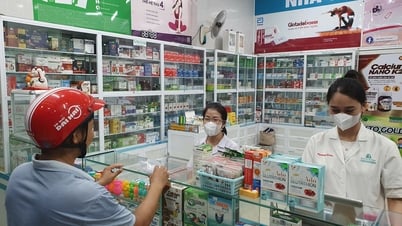
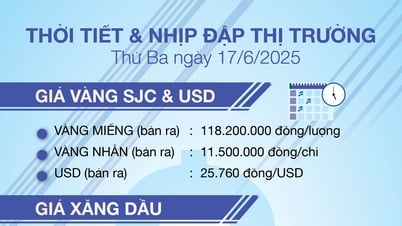
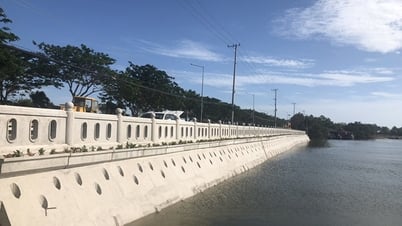
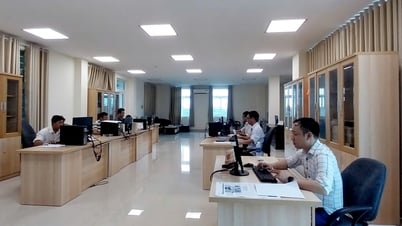
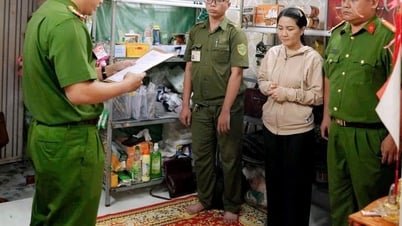






















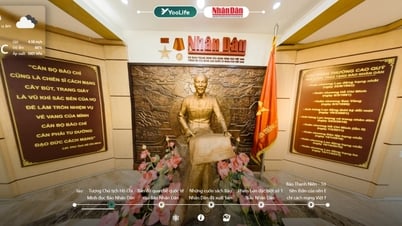


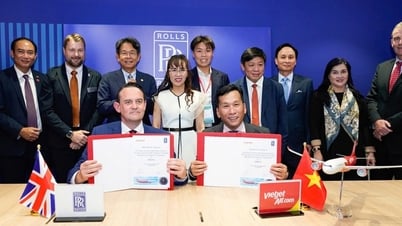

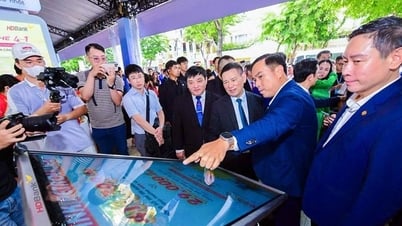

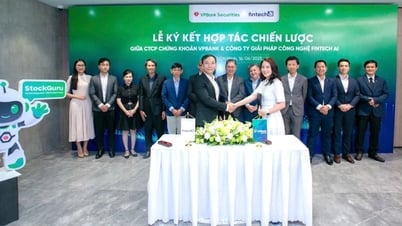

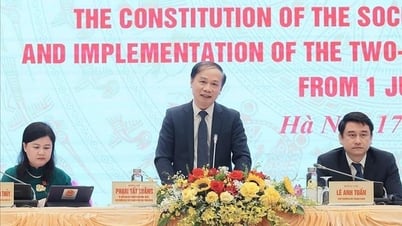





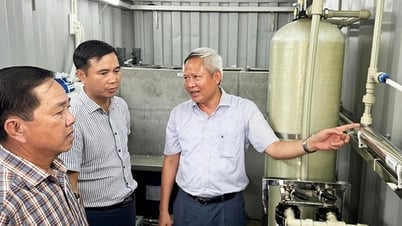




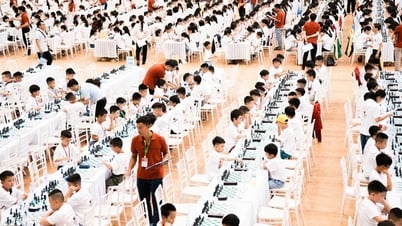
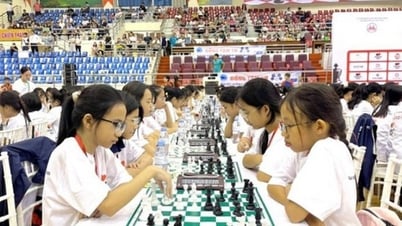

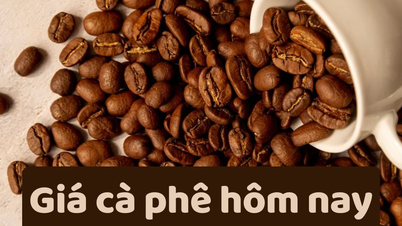

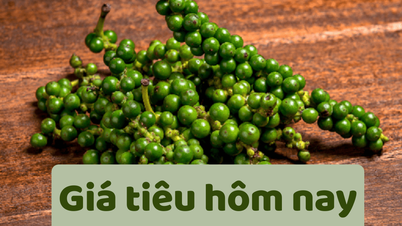


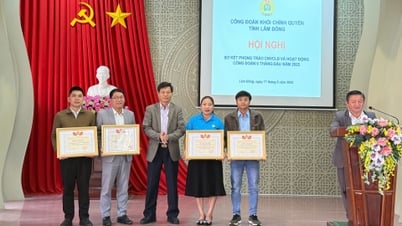

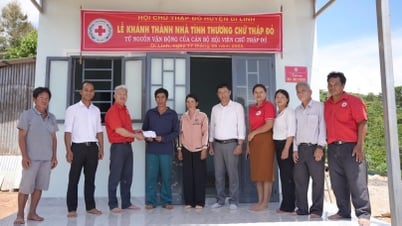
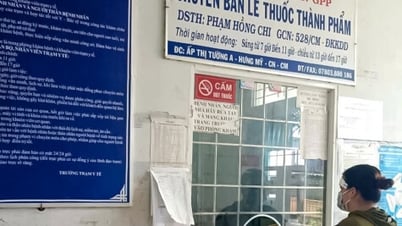














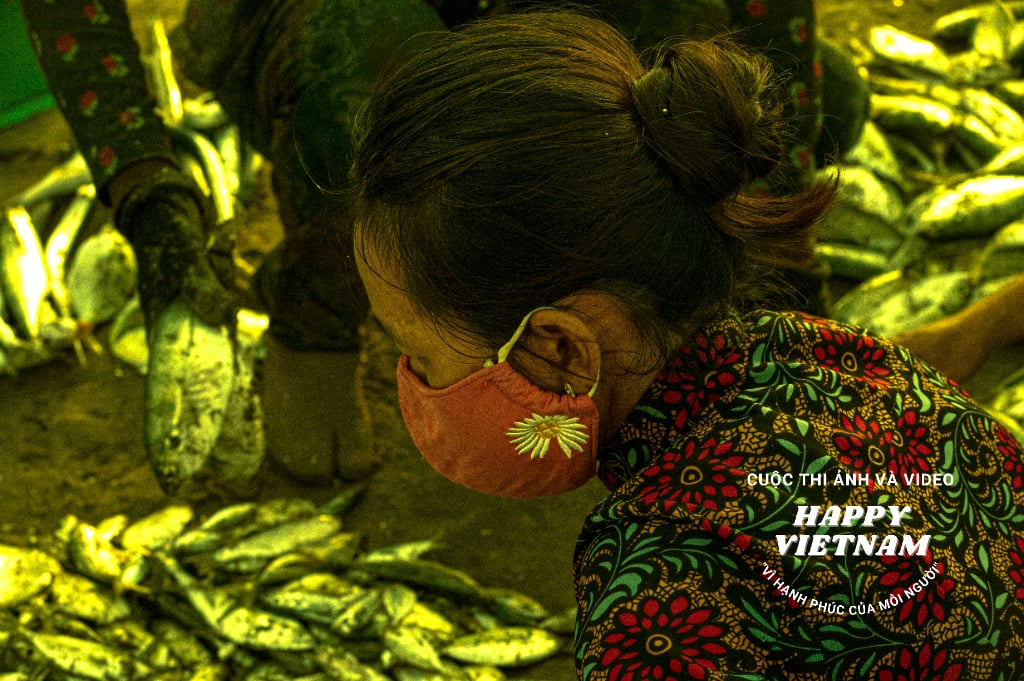
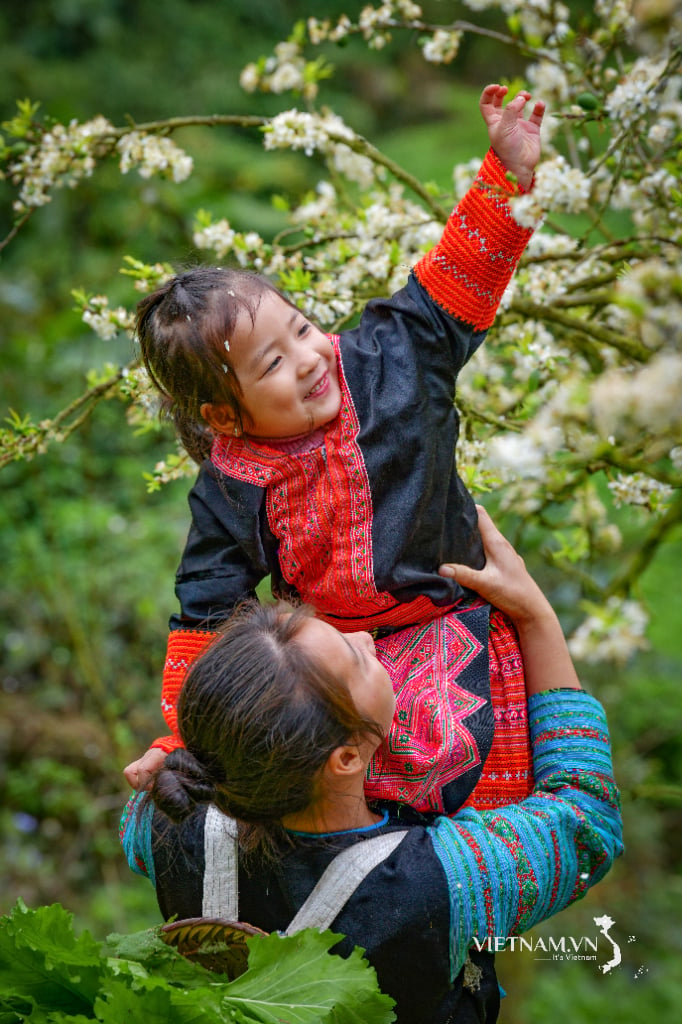
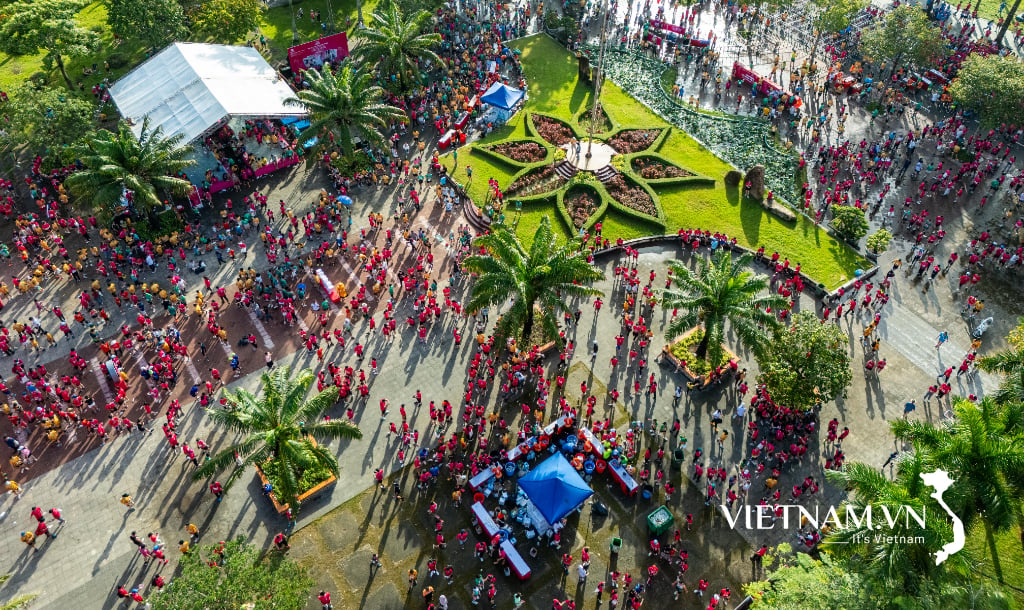
Comment (0)